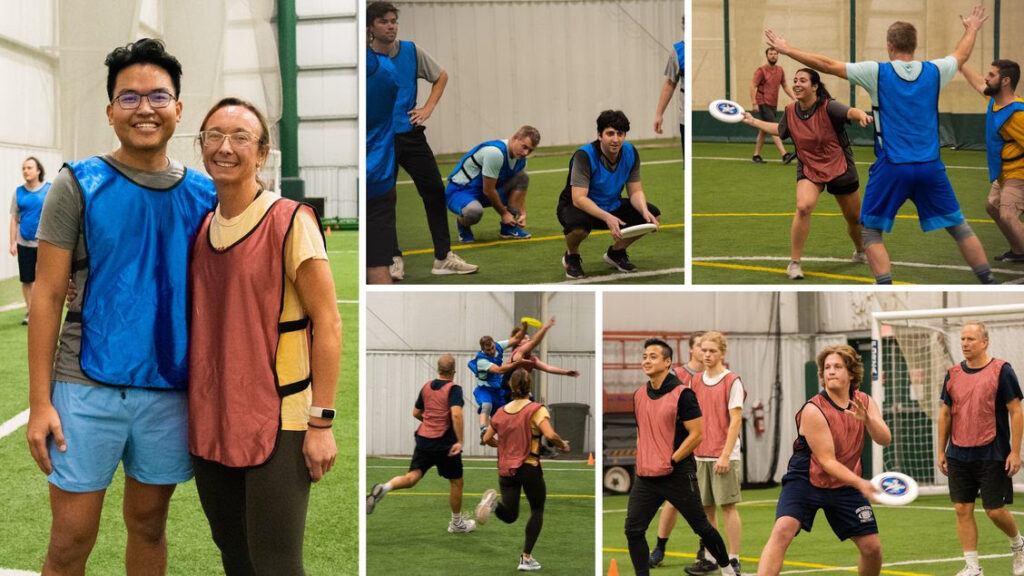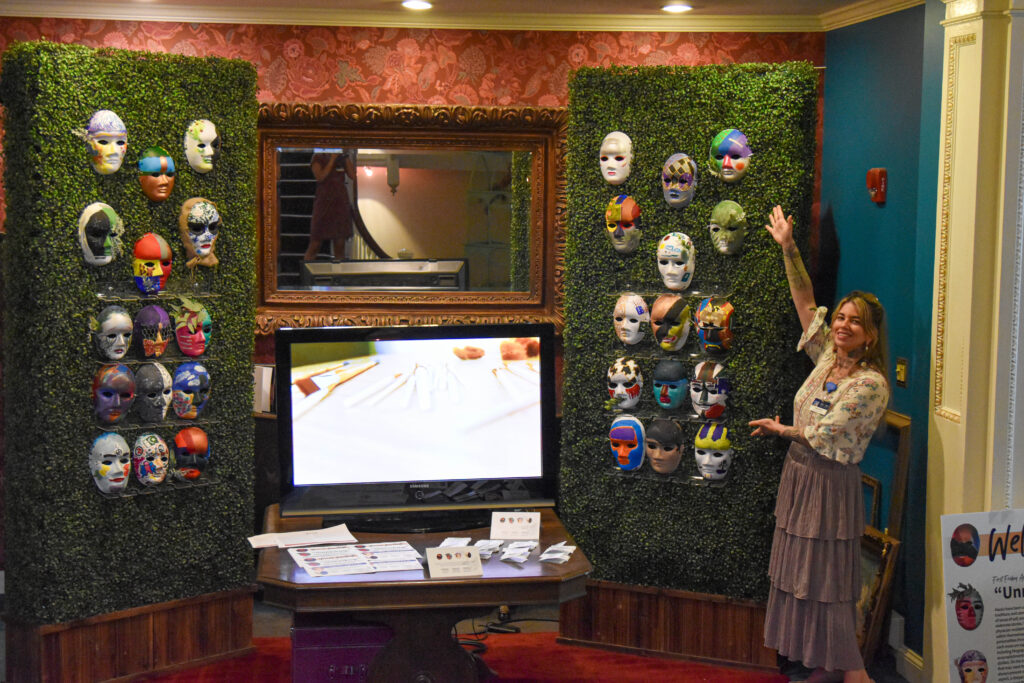Wellness & Resiliency
Purposeful Projects for Physical and Mental Well-Being

The Wright Center for Graduate Medical Education aims to provide a learning and working environment that fosters personal and professional well-being in residents, fellows, faculty, and staff, all of whom have the opportunity to raise concerns and provide feedback without fear of intimidation or retaliation. Their physical, psychological, and emotional health is essential and of utmost importance to us.
Efforts are in place to enhance the meaning that each of our residents and fellows find in being a physician. Our learners, in addition to our faculty and staff, are encouraged to lead healthy lives and make healthy choices that support their personal and professional growth. To promote these objectives, Ann Hart, M.S., CRC, serves as director of the Graduate and Undergraduate Medical Education Experience at The Wright Center for Graduate Medical Education.
In this role, Hart is responsible for the development, implementation, and quality improvement of programs and policies that expand resident, fellow, and student wellness and the promotion of a healthy environment for all learners. She is also responsible for the deployment and oversight of mental health and wellness initiatives that can benefit residents, fellows, and medical students as they navigate the demands of a rigorous medical school program.

Health Humanities
Another position established to promote and enhance wellness among our residents, fellows and staff is The Wright Center for Community Health’s Director of Health Humanities, led by Allison LaRussa. This position offers purposeful projects to promote healing and prevent physician burnout, among other things.
This position will nurture positivity and resiliency within individuals and at the organizational level. Among those expected to benefit: The Wright Center’s physician trainees.
These medical residents and fellows, like their counterparts in programs across the country, deal with the dual pressures of delivering top-notch care to patients and simultaneously completing rigorous graduate medical education requirements. Add in the stresses from their personal lives, plus the complications and uncertainty of dealing with COVID-19 and it’s a recipe for sky-high anxiety.
“Our art activities at The Wright Center will be designed to decrease a lot of stress and burnout,” says Allison. “The projects will allow people to be more mindful, to process more, so they are better able to handle their work.
During a recent session at The Wright Center’s Scranton Practice, she guided about 14 medical residents through a mask-painting exercise. The activity was intended to help them explore the concept of professional identity formation. Each participant received a paper mache-like mask and was asked to paint the outside depicting how they typically present themselves to the world. On the mask’s interior, they were encouraged to paint aspects of themselves that they are less prone to share with others but wish could be seen.
“When we’re creating art, we are able to be mindful through the process,” Allison explains. “Obviously when we’re more mindful and more present, we have less anxiety. In turn, we’re less susceptible to the negative mental and physical consequences of stress.”
“A lot of healing happens through the arts,” she says. “Sometimes people don’t want to discuss what they’re feeling during traditional talk therapy. So, to have an opportunity to paint or write about it makes it easier for people to process what they’re going through.”
With Allison’s assistance, many of The Wright Center’s residents, fellows, staff and others will be given opportunities to make those self-discoveries, sharing bits of themselves in artwork that is inwardly significant and outwardly beautiful.








